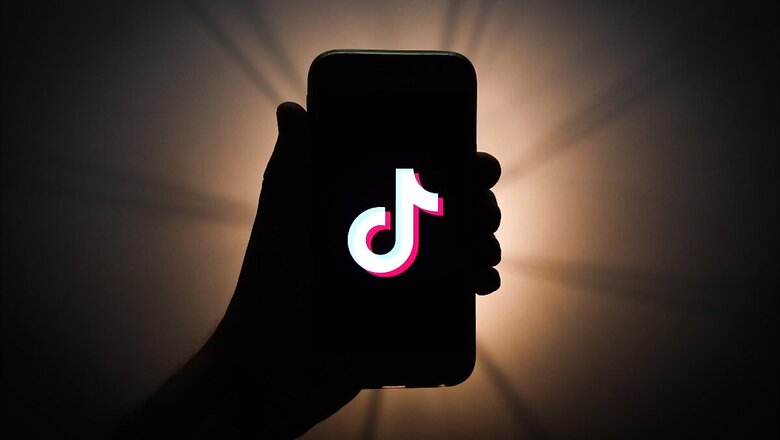
views
TikTok, the much-debated social media platform by Bytedance, is seemingly not being looked upon as a privacy threat uniformly across the world, even as India has enforced a ban on the app, and USA looks set to follow suit. Isolated reports from around the world state that nations such as Australia, Indonesia and Philippines see “no reason” or “evidence” so far to ban services of TikTok in the respective countries. The reports come particularly in light of a potential ban of TikTok in USA, which now sees a potential American takeover of the app on the cards.
A Reuters report stated that earlier this week, Australia prime minister Scott Morrison said at the virtually held Aspen Security Forum that authorities will “obviously” continue to keep a close eye on the practices of the app. He further added, “There’s nothing at this point that would suggest to us that security interests are being compromised or Australian citizens are being compromised. But people should know that the line connects right back to China and they should exercise their own judgment about whether they should participate in those things or not.”
Earlier this month, Johnny G. Plate, Indonesia’s minister of communication and information technology, said to local publication Antara that the country’s government will not block access to TikTok just because other nations are either doing so already, or planning to. Plate affirmed that TikTok will certainly face consequences if their practices are found to not be in accordance with the law of the land, indicating that TikTok has so far not been flagged for breaking Indonesia’s existing data protection laws set for technology companies to comply with.
Similar sentiments surfaced earlier this week from the Philippines as well. Harry Roque, spokesperson to Philippines president Rodrigo Duterte, said to local publication ABS-CBN News that the country’s government sees “no reason” to ban TikTok, before adding a footnote against apparent allegations of Philippines’ president Duterte suppressing free speech. According to the report, TikTok is used even by government officials, including Roque himself and Philippines’ cabinet secretary, Karlo Nograles.
On June 29, India decided to ban a total of 59 apps with ties to China, under apparent intelligence reports that numerous software providers based in China have close ties with the Chinese Communist Party government, which in turn may use its stronghold to facilitate acts of digital espionage against foreign nations. TikTok, which was widely popular in India until then, has been banned in the country since then, with millions of its users pushed towards using alternatives such as the India-based ShareChat and Roposo. The Chinese government has since denied all allegations – in similar fashion as it did when USA part-banned Huawei from the country and sparked off global enquiries and bans on the Chinese electronics giant.
In recent days, talks have emerged about American technology giant Microsoft being potentially poised to take over the American operations of TikTok. These talks seemingly evolved to one level higher, with a Financial Times report from August 6 stating that Microsoft may be considering an acquisition of all of TikTok’s global operations from Bytedance, although particulars of such a deal are still in the shadows. At the moment, it is not clear if this would also include TikTok’s China operations. Bytedance founder and CEO Zhang Yiming has faced criticism from China for succumbing to pressure from USA, but is seemingly stuck in a cross-current at the moment.
In Australia, TikTok recently published a full-page newspaper advertisement, urging the nation and its users to not play “political football” with the hugely popular app. Before being banned, India was TikTok’s largest foreign market with over 300 million active users. It now remains to be seen how the future of the app progresses, for the coming weeks are certainly going to reveal more details about the app’s potential takeover by Microsoft, or any other details that may be in development as well.



















Comments
0 comment